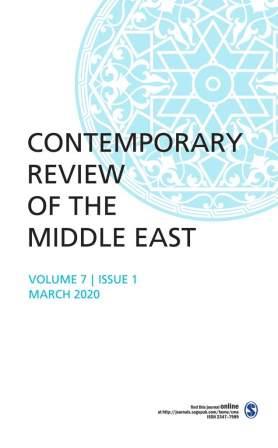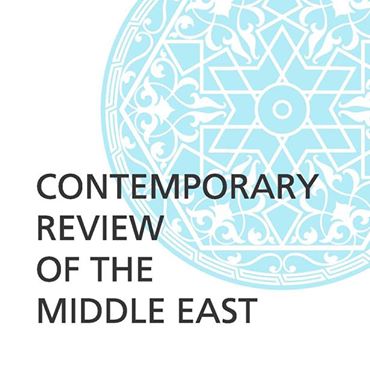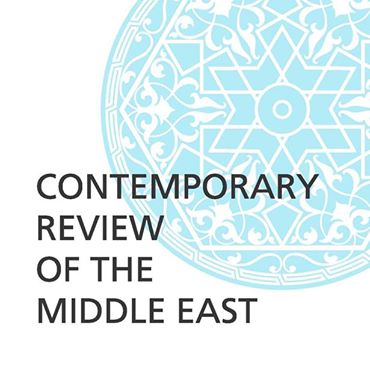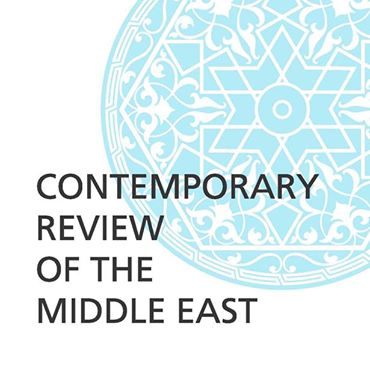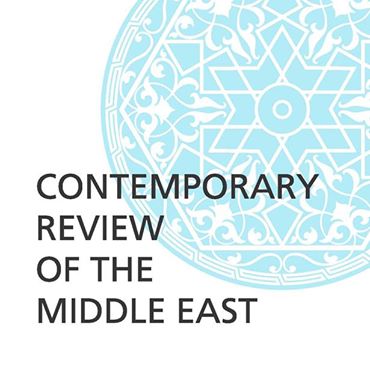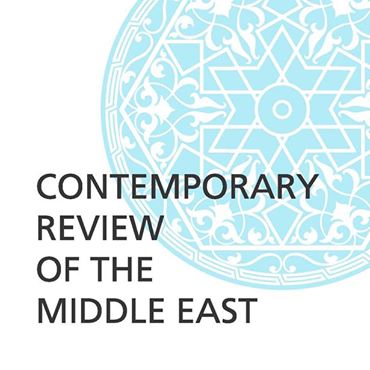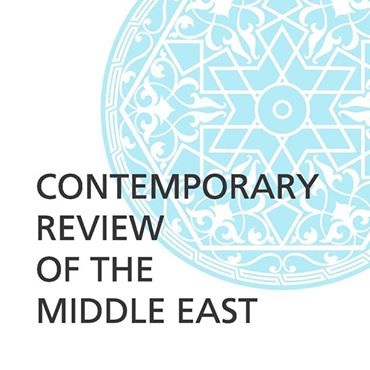Breaking
- MENU
Lorem Ipsum is simply dummy text of the printing and typesetting industry.
https://journals.sagepub.com/toc/cmea/current
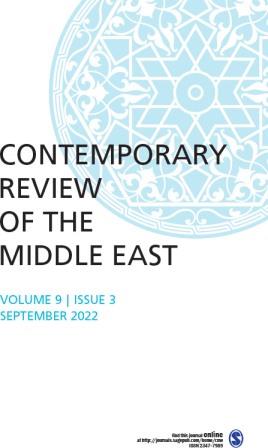
Order from Above: The Evolvement of Elections in Qatar
Ariel Admoni
Abstract
Qatar slowly opened up to the democratic system. In 1963, the Qatari Sheikh made some concessions and allowed Municipal Council to be elected by all Qatari males. However, it appears to have faded from view without any noticeable impact. After the independence, Sheikh Khalifa believed that elections were neither necessary nor useful and his son, Sheikh Hamad, began to reform the country in this area. In April 2003, Qatari citizens voted on a constitution that included an election. Until 2021, Doha postponed plans for a partially elected Shura Council. Instead, members of the body, the top advisory body for the government, have been appointed by the Emir. On October 2, 2011, Qataris began voting in the Emirate’s first legislative election. The results were an example of the conservative view of the Qatari population. The conservative atmosphere also appeared in the sessions of another elected advisory council, the Central Municipal Council (CMC) and every reform or change can be initiated only by the leadership, specifically the Emir. The conservative atmosphere and the significant role of the Emir in the change appeared especially in the question of the women in the democratic process. However, during the years, the Al-Thani continued to closely monitor the implementation of the elections and make sure things would not go out of hand. Moreover, political participation limited different factions of the Al-Thani family and prominent families in the Emirate, sometimes connected through marriages to the ruling family.
For the text please see: Web Link
pp. 308–320
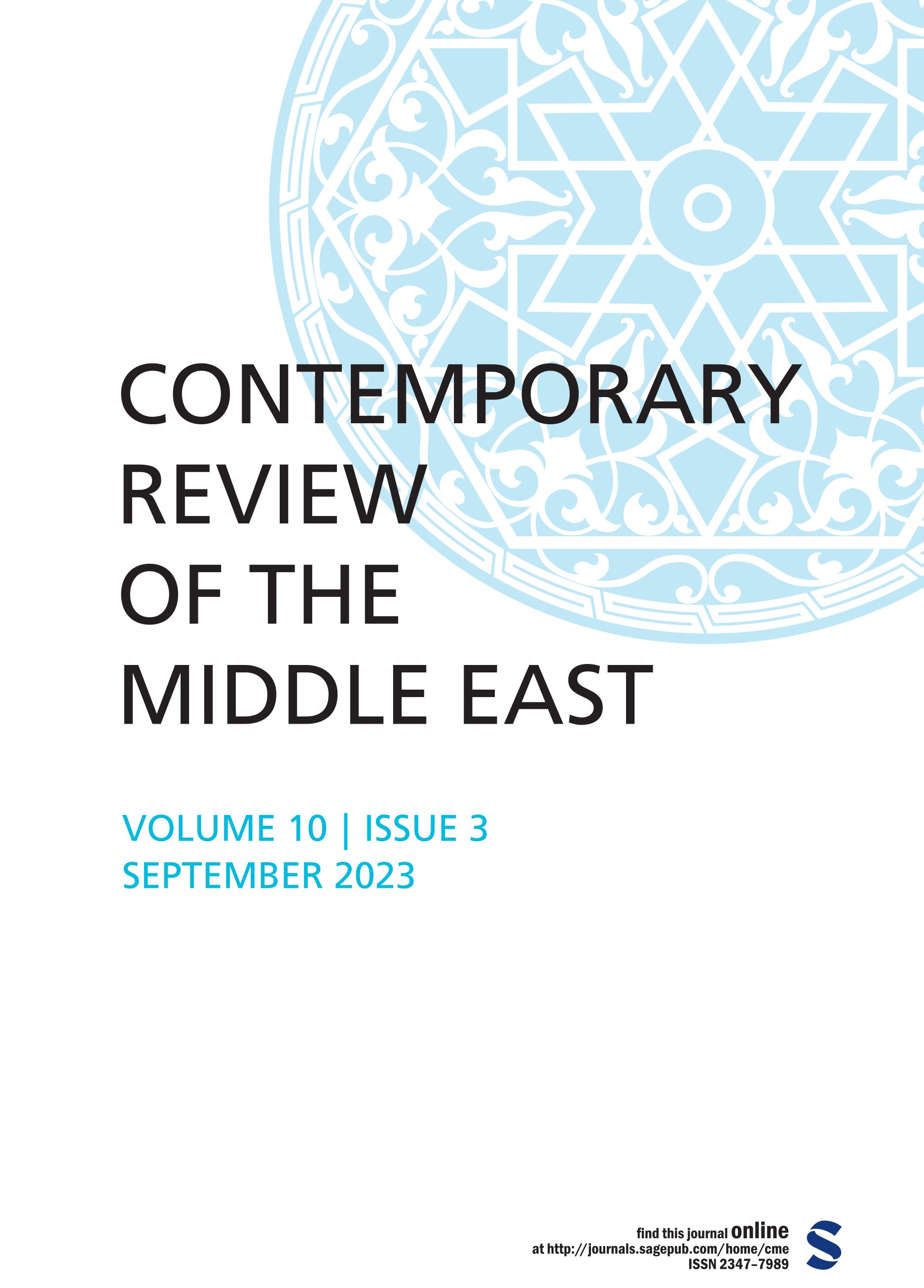
Invented Tradition as a Theoretical Approach Within Iranian Memory Studies: A Review Mohammad
Read More »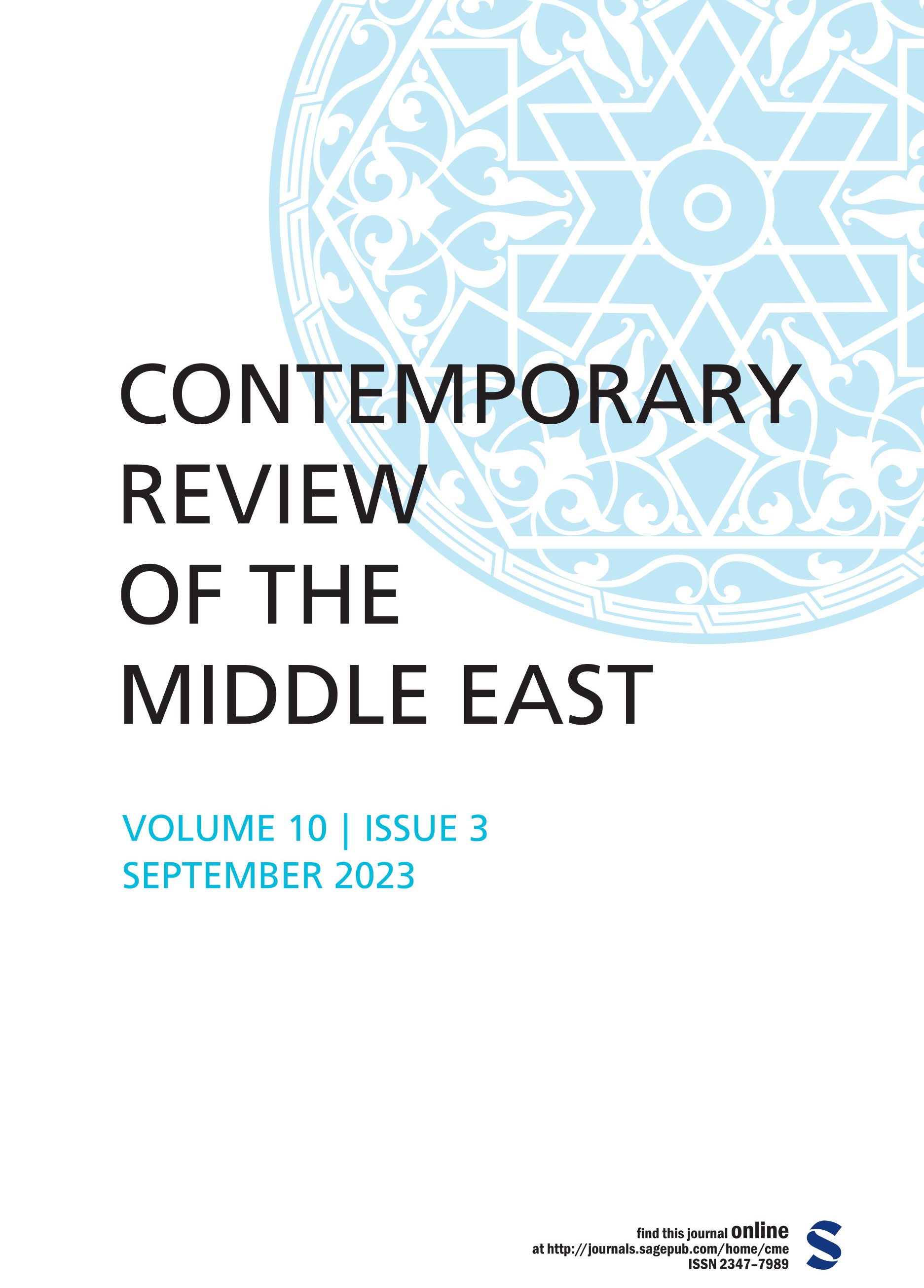
Neo-Ottoman Turk-Scape: Analyzing the Role of Dizis as Türkiye’s Soft Power Mohammad Reyaz and
Read More »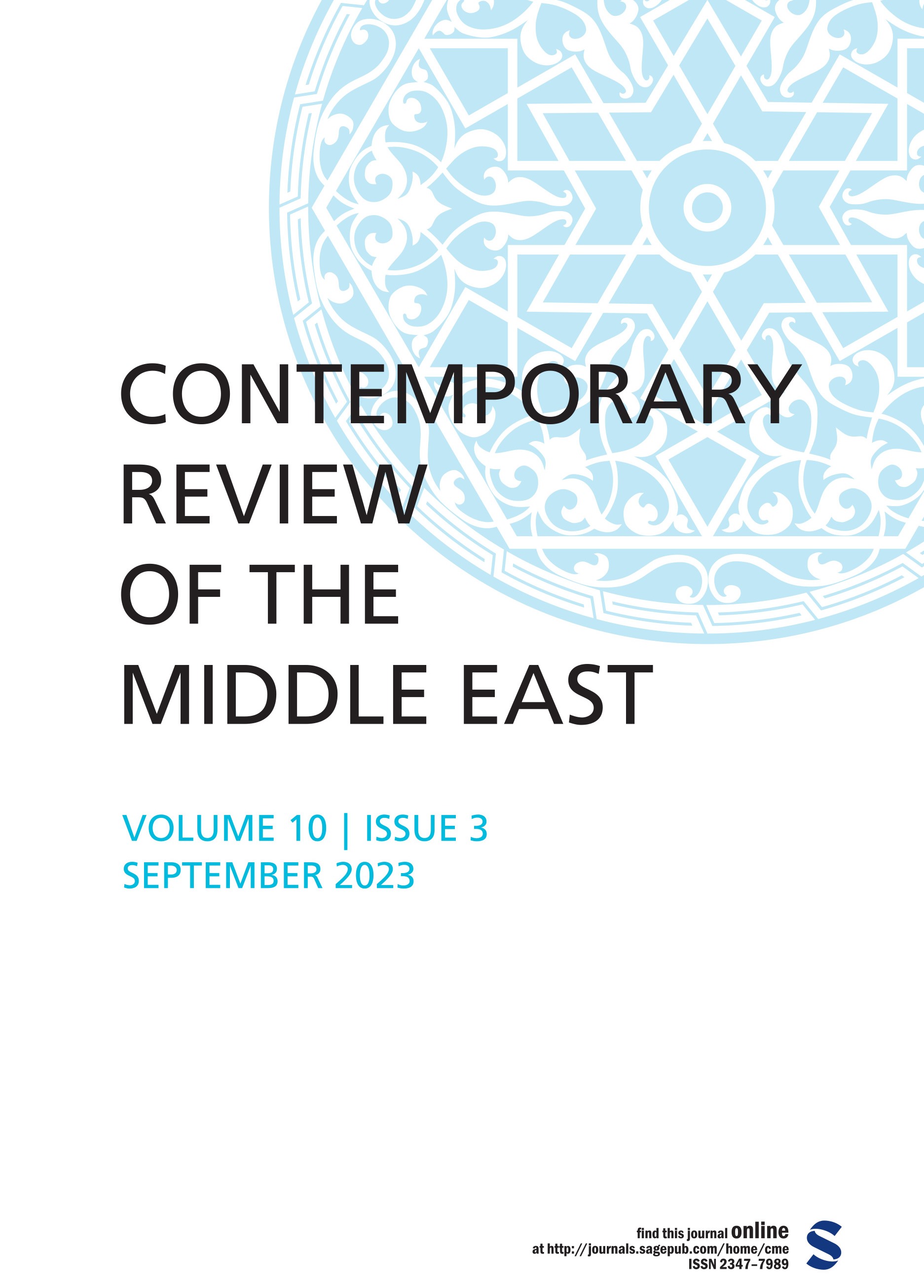
The Relations of Vietnam with the Middle East-North Africa Region: From a Divided State to an Important&
Read More »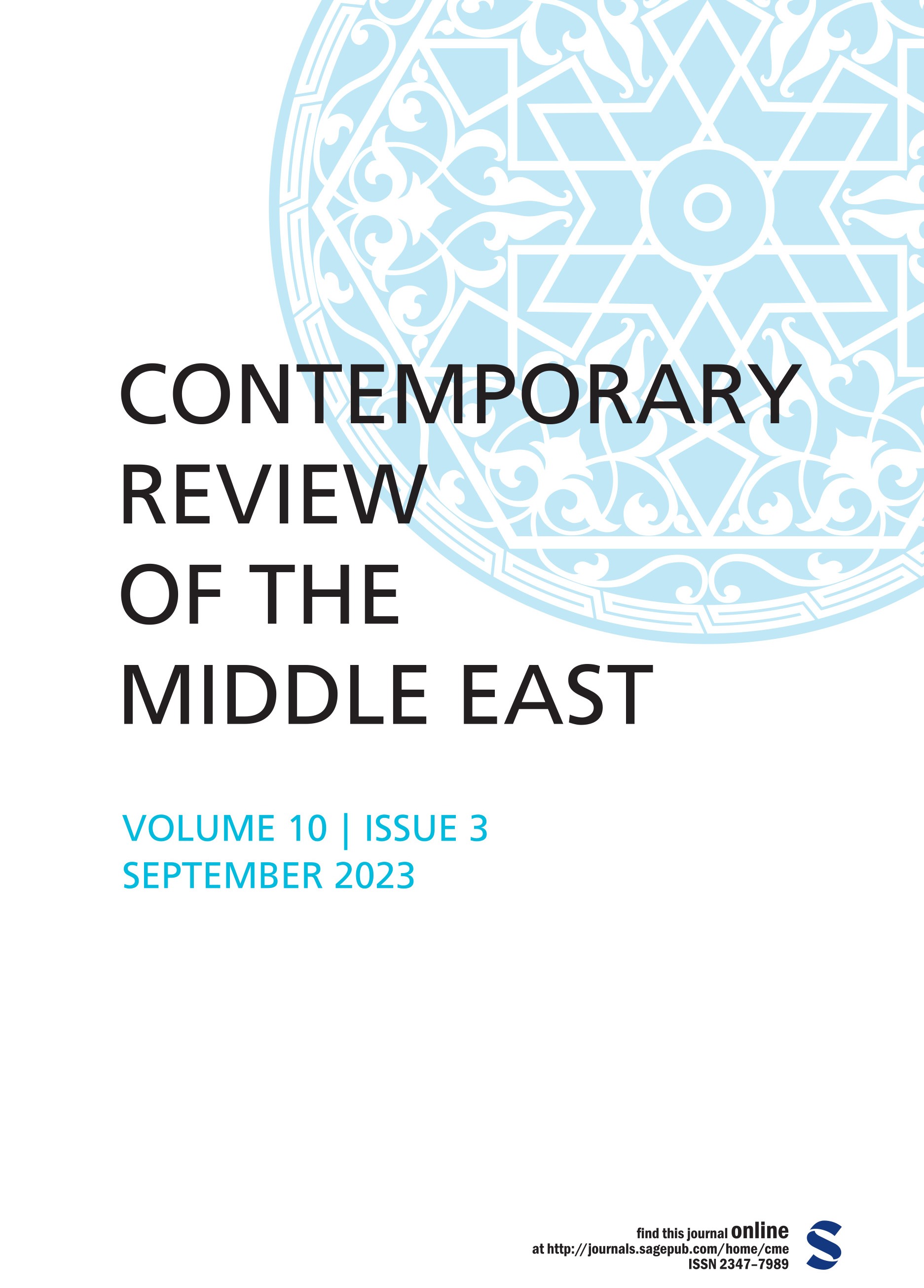
An Analysis of Yemen’s Geostrategic Significance and Saudi-Iranian Competition for Regional Hegemo
Read More »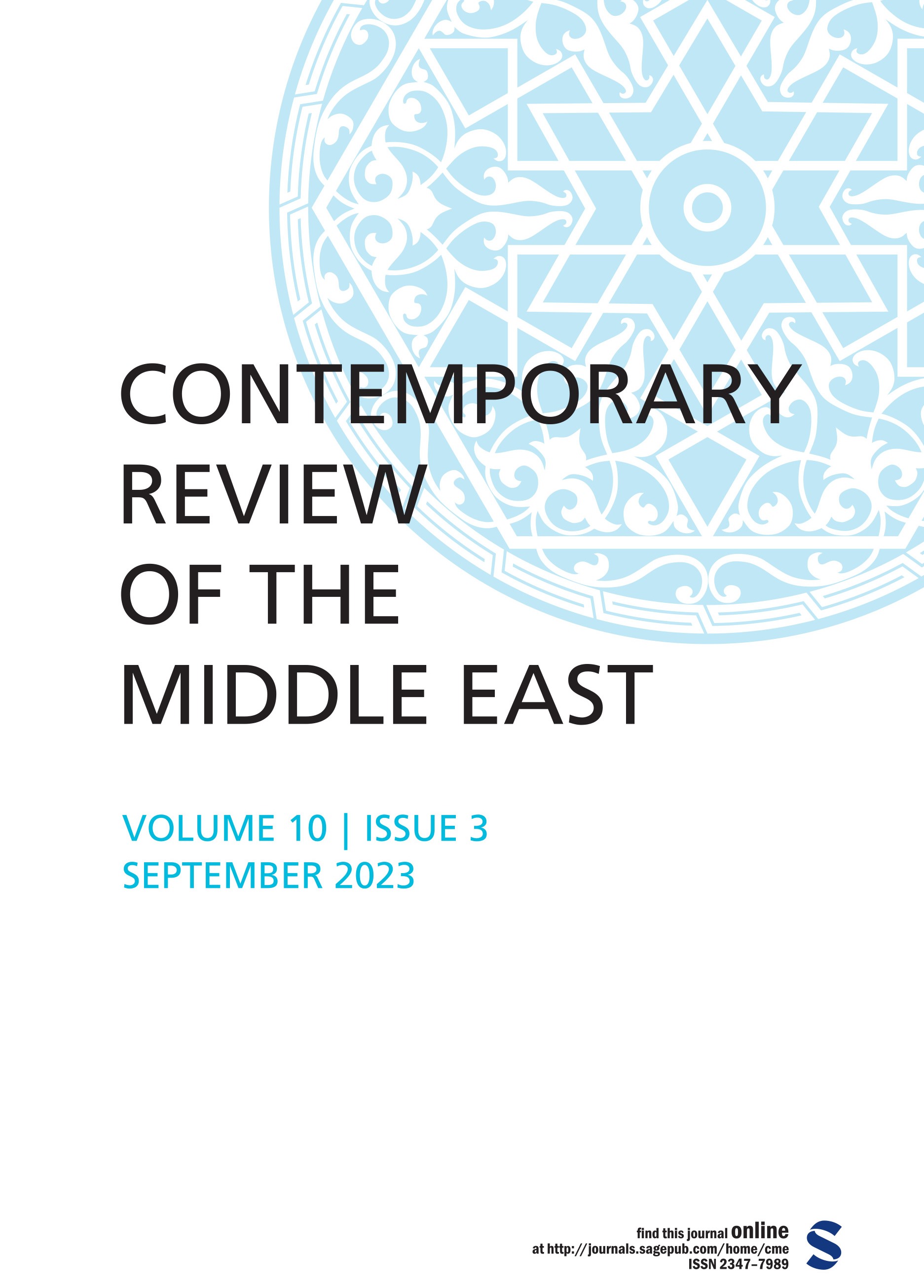
The National Reconciliation Process in Algeria During the Bouteflika’s Era: The Official Narrative Fa
Read More »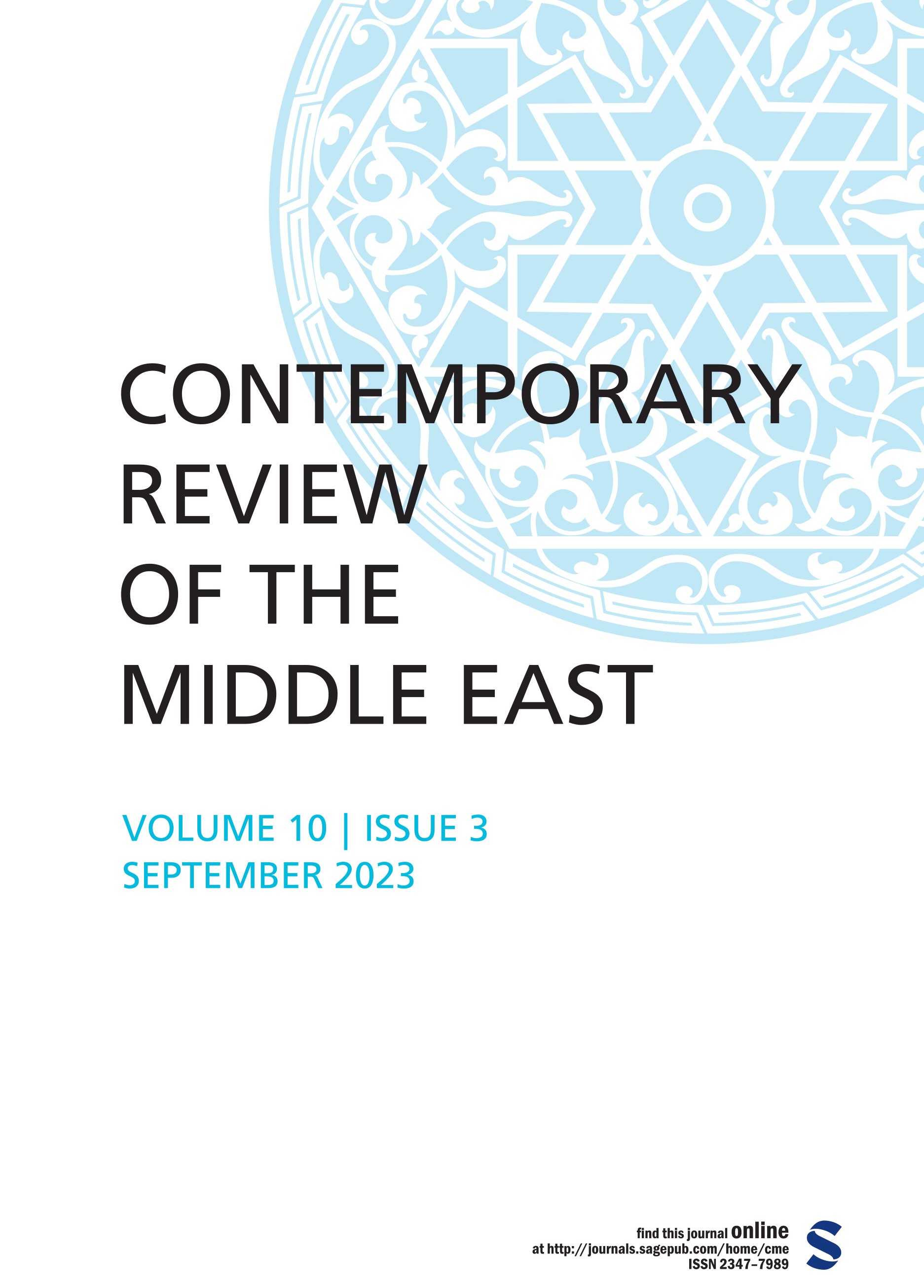
Dateline MEI When Netanyahu Rocks the Israel Boat, Nero Style P. R. Kumaraswamy For the text see: We
Read More ».jpg)
.jpg)
